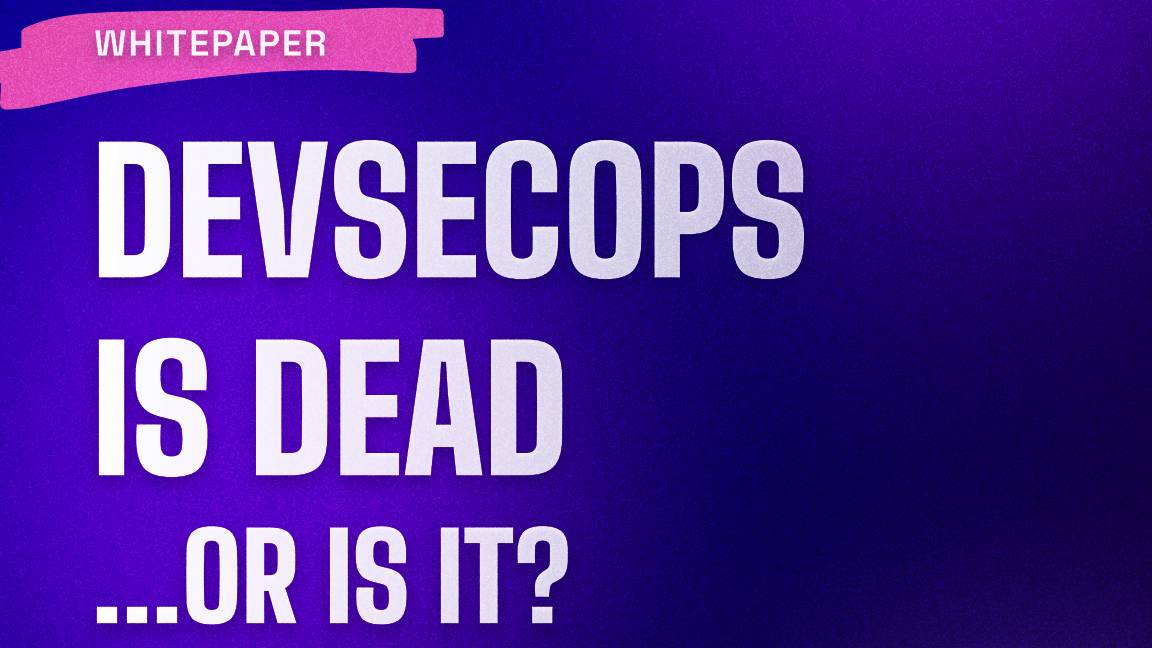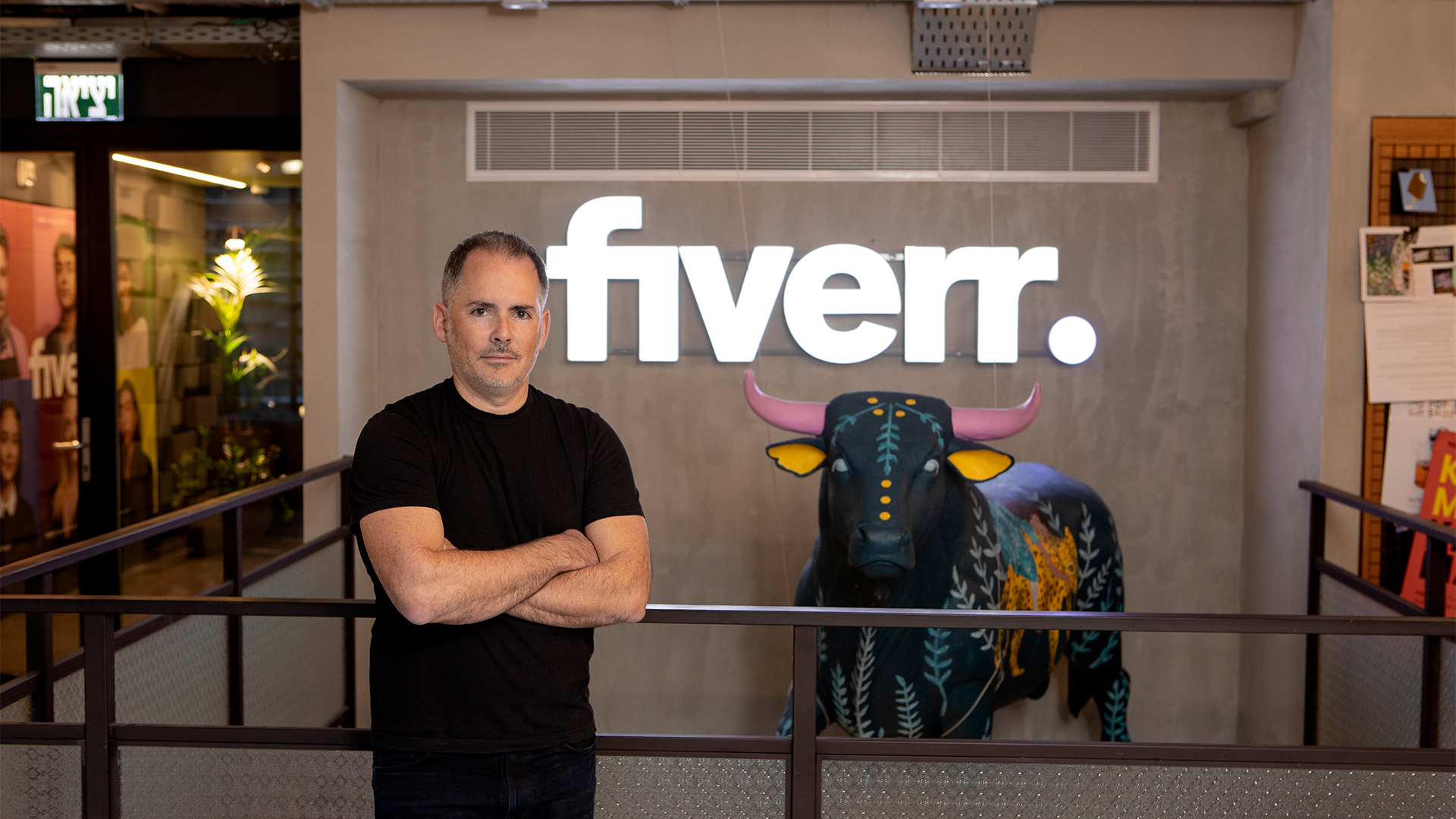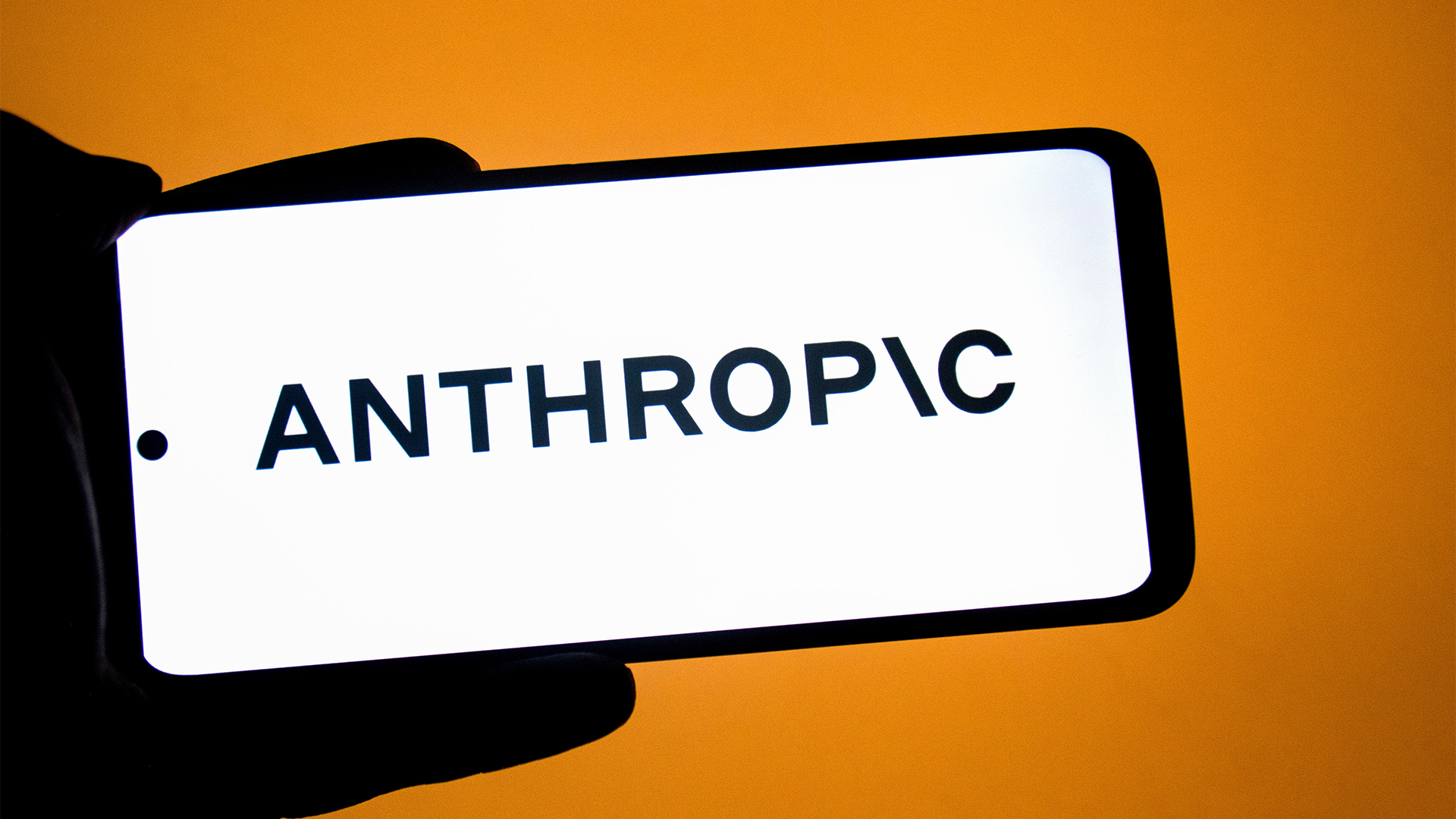The EU just shelved its AI liability directive
Industry stakeholders claim the decision could “clean up the patchwork of AI regulation”


The European Commission has shelved plans to impose civil liability rules on enterprises using harmful AI systems in a move critics have described as a “strategic mistake”.
First proposed in 2022, the AI Liability Directive aimed to overhaul existing rules on harmful AI systems and protect consumers.
However, the publication of the Commission’s final work program shows plans to introduce the rules will now be scrapped, noting that “no foreseeable agreement” has been reached by lawmakers.
The documents add that the Commission will “assess whether another proposal should be tabled or another type of approach should be chosen”.
The move comes in the wake of the AI Action Summit, held in Paris, which saw industry stakeholders come together to discuss the future of AI innovation both across the European Union (EU) and globally.
During the summit, US vice president JD Vance voiced concerns over the EU’s supposed heavy handed regulatory approach to the technology. Vance urged European enterprises and lawmakers to view the “new frontier of AI with optimism and not trepidation”.
“We want to embark on the AI revolution before us with the spirit of openness and collaboration, but to create that kind of trust we need international regulatory regimes that foster creation," he told attendees.
Get the ITPro daily newsletter
Sign up today and you will receive a free copy of our Future Focus 2025 report - the leading guidance on AI, cybersecurity and other IT challenges as per 700+ senior executives
The liability directive was originally tabled alongside the EU AI Act, but has since taken a backseat amid the push to impose the landmark legislation.
Some EU lawmakers have voiced their disapproval,. According to reports from Euronews, Axel Voss, the EU Parliament’s lead representative for developing liability rules, described the move as a “strategic mistake”.
Voss told the publication the decision will lead to “legal uncertainty, corporate power imbalances, and a Wild West approach to AI liability that only benefits big tech”.
"The reality now is that AI liability will be dictated by a fragmented patchwork of 27 different national legal systems, suffocating European AI startups and SMEs,” he added.
Liability directive move could “clean up” patchwork AI regulation
Peter van der Putten, director of Pegasystems’ AI Lab and assistant professor at Leiden University, said that while the move may raise consumer protection concerns, the “impact may be relative” given new regulations such as the EU AI Act.
“The idea was that if a customer, citizen or business was claiming to have suffered harm, they wouldn’t have to prove in-depth causality between the AI system and the damage caused,” he explained.
“This would be more on the public or private organization operating the AI system (and/or underlying vendors).”
Ultimately, consumers and entities will still be protected against AI-related harms through the legislation, he noted, and the decision to shelve the proposals will create a more aligned regulatory environment.
“So whilst it is tempting to frame this all as a move towards less consumer protection in the global AI rat race, it can also just be seen as a sensible move to clean up the patchwork of AI regulation a bit, and not incite all kinds of litigation that in the end could either be resolved by existing regulation, or would likely not have been successful for claimants anyway,” van der Putten said.
Betting on a blended approach

The decision to withdraw from the AI Liability Directive is being read by critics as the EU retreating on consumer protection in the face of AI companies.
While the EU AI Act contains protections for citizens and measures to monitor and control the harms of AI model deployment, it does not provide a direct route for consumers making claims against AI developers for damages such as algorithmic bias.
The AI Liability Directive was specifically designed to set out such a route, establishing concrete law on civil liability relating to AI and assisting consumers in making claims.
Timing is everything when it comes to the optics of a decision like this. In dropping the AI Liability Directive just one day after JD Vance’s warning that “excessive regulation” could kill AI innovation, the Commission could invite unwanted suggestions that it’s moving in lock-step with US approaches on AI.
RELATED WHITEPAPER

But there’s every indication that rather than a reactive decision, this is more of a pragmatic move by the EU to maintain a handle on the AI sector. If it doesn’t keep its seat at the table by supporting EU-based AI developers and attracting investments from US tech giants, the EU Commission could lose any leverage it has over AI safety altogether.
The EU isn’t naïve and Vance’s statements on AI regulation wouldn’t have come as a surprise to anyone at the Paris Summit. As EU member states like France move to make the most of their established AI talent and the Commission gets more ambitious with its backing for AI infrastructure via its InvestAI initiative, there will be more pragmatic decisions to come.
Attracting US investment, alongside home-grown talent, will be a necessity for the time being.
For the EU Commission’s part, it has stated that it saw “no foreseeable agreement” on the terms of the directive, adding “the Commission will assess whether another proposal should be tabled or another type of approach should be chosen”.
As yet, an alternative approach has not been officially put forward.
Ultimately, the EU may have made the bet that any reduced consumer power in the short term can be balanced out by regional success at AI advancement. If it can carve out a space for innovative AI that doesn’t infringe on inviolable rights, it could beat the US at its own game.
But it still has significant ground to make up, especially in comparison to the US and China.
MORE FROM ITPRO
- A big enforcement deadline for the EU AI Act just passed
- Why regulatory uncertainty is holding back AI adoption
- AI is going to be a legal nightmare for years to come

Ross Kelly is ITPro's News & Analysis Editor, responsible for leading the brand's news output and in-depth reporting on the latest stories from across the business technology landscape. Ross was previously a Staff Writer, during which time he developed a keen interest in cyber security, business leadership, and emerging technologies.
He graduated from Edinburgh Napier University in 2016 with a BA (Hons) in Journalism, and joined ITPro in 2022 after four years working in technology conference research.
For news pitches, you can contact Ross at ross.kelly@futurenet.com, or on Twitter and LinkedIn.
-
 Bigger salaries, more burnout: Is the CISO role in crisis?
Bigger salaries, more burnout: Is the CISO role in crisis?In-depth CISOs are more stressed than ever before – but why is this and what can be done?
By Kate O'Flaherty Published
-
 Cheap cyber crime kits can be bought on the dark web for less than $25
Cheap cyber crime kits can be bought on the dark web for less than $25News Research from NordVPN shows phishing kits are now widely available on the dark web and via messaging apps like Telegram, and are often selling for less than $25.
By Emma Woollacott Published
-
 ‘AI is coming for your jobs. It’s coming for my job too’: Fiverr CEO urges staff to upskill or be left behind
‘AI is coming for your jobs. It’s coming for my job too’: Fiverr CEO urges staff to upskill or be left behindNews The latest in a string of AI skills warnings has urged staff to begin preparing for the worst
By Ross Kelly Published
-
 Anthropic ramps up European expansion with fresh hiring spree
Anthropic ramps up European expansion with fresh hiring spreeNews Anthropic has unveiled plans to further expand in Europe, adding 100 roles and picking a new EMEA head.
By Nicole Kobie Published
-
 How simplicity benefits the IT partner ecosystem
How simplicity benefits the IT partner ecosystemSponsored Content Across private cloud and AI adoption, simple approaches can unlock more time and money for IT teams
By ITPro Published
-
 AI skills training can't be left in the hands of big tech
AI skills training can't be left in the hands of big techNews Speakers at Turing's AI UK conference lay out challenges to AI skills readiness
By Nicole Kobie Published
-
 The role of AI and cloud in true digital transformation
The role of AI and cloud in true digital transformationSupported Content Both cloud computing and AI technologies are vital to pushing your business forward, and combining them in the right way can be transformative
By Keumars Afifi-Sabet Published
-
 Generative AI adoption is 'creating deep rifts' at enterprises: Execs are battling each other over poor ROI, IT teams are worn out, and workers are sabotaging AI strategies
Generative AI adoption is 'creating deep rifts' at enterprises: Execs are battling each other over poor ROI, IT teams are worn out, and workers are sabotaging AI strategiesNews Execs are battling each other over poor ROI, underperforming tools, and inter-departmental clashes
By Emma Woollacott Published
-
 ‘If you want to look like a flesh-bound chatbot, then by all means use an AI teleprompter’: Amazon banned candidates from using AI tools during interviews – here’s why you should never use them to secure a job
‘If you want to look like a flesh-bound chatbot, then by all means use an AI teleprompter’: Amazon banned candidates from using AI tools during interviews – here’s why you should never use them to secure a jobNews Amazon has banned the use of AI tools during the interview process – and it’s not the only major firm cracking down on the trend.
By George Fitzmaurice Published
-
 Starmer bets big on AI to unlock public sector savings
Starmer bets big on AI to unlock public sector savingsNews AI adoption could be a major boon for the UK and save taxpayers billions, according to prime minister Keir Starmer.
By George Fitzmaurice Published